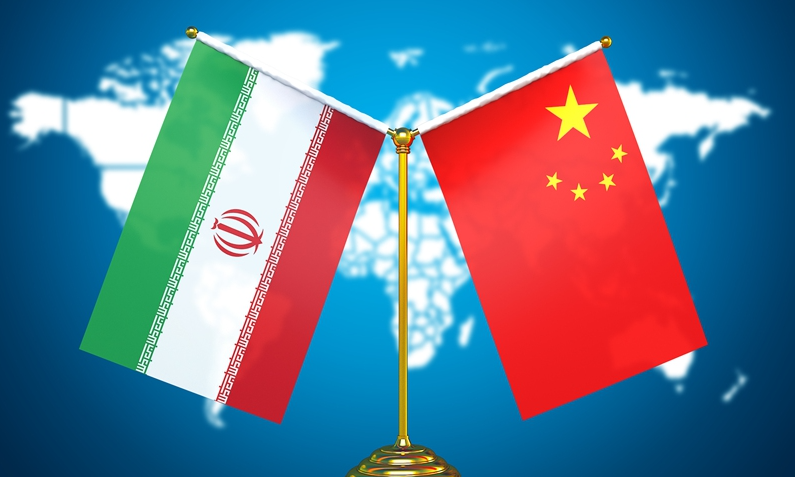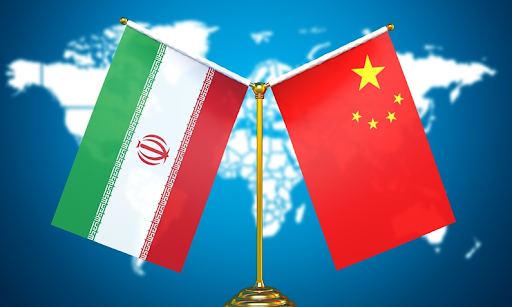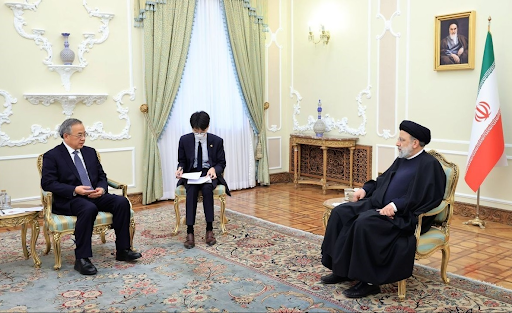
Chinese Foreign Ministry: We are good friends of the Arab and Islamic countries
Chinese Foreign Minister Wang Yi announced on Monday before a delegation including Arab foreign ministers that the international community must take urgent measures to stop the “humanitarian catastrophe” unfolding in Gaza.
"Let us work together to quickly calm the situation in Gaza and restore peace in the Middle East as soon as possible," Wang said in his opening speech in Beijing.
Wang added to the diplomats that “there is a humanitarian catastrophe unfolding in Gaza,” noting that “the situation in Gaza affects all countries around the world and reconsiders the principle of good and evil and the basic principles of humanity.”
He stressed that "the international community must act urgently and take effective measures to prevent the spread of this tragedy."
Wang said, "China is a good friend and brother of the Arab and Islamic countries," adding that it "firmly defended the legitimate rights and interests of the Arab and Islamic countries, and strongly supported the efforts of the Palestinian people to restore their legitimate national rights and interests."
Earlier, the Chinese Foreign Minister expressed "China's strong sympathy for the Palestinians, especially in the Gaza Strip," adding that "what the people of Gaza need most is security, food and medicine, not war, weapons and ammunition."
Wang Yi stressed that "the historical injustice against Palestine cannot continue," and that "China is currently working closely with all parties to strengthen the ceasefire and end the war."
The Arab delegation includes the foreign ministers of Saudi Arabia, Egypt, Jordan and Palestine, and the Secretary-General of the Council of Islamic Cooperation.
The visit of the Arab ministerial delegation comes as part of a tour to the capitals of a number of countries that are permanent members of the Security Council, with the participation of the foreign ministers of the committee formed from the recent Arab-Islamic summit, with the aim of advancing the process of stopping the war on Gaza, and dealing with the deteriorating humanitarian conditions in the Strip.
China backs an international peace conference to push the Palestinian issue back to the track of two-state solution: top diplomat
Wang, also a member of the Political Bureau of the Communist Party of China Central Committee, noted that the current situation in Gaza continues to deteriorate, with an increasing number of casualties among the civilians. Any country with a conscience and a sense of responsibility can't allow such a tragedy to continue. The recent emergency special session of the UN General Assembly passed a resolution calling for an immediate humanitarian truce, reflecting the strong call from the international community, Wang said.














































